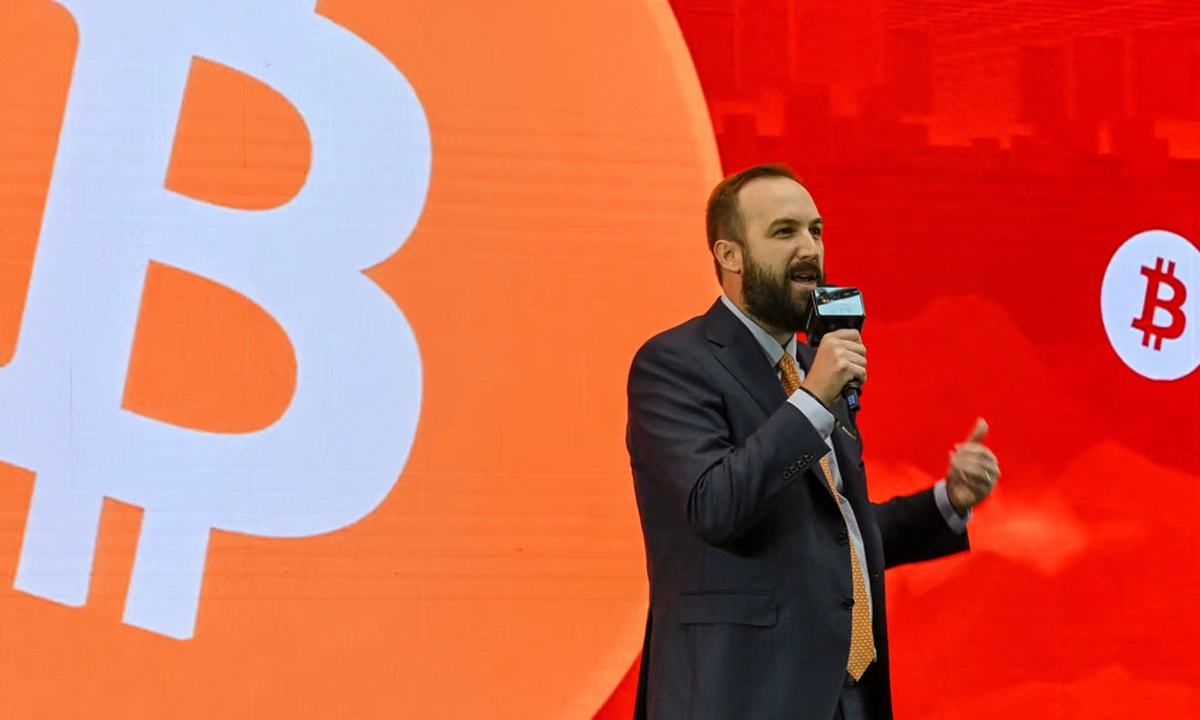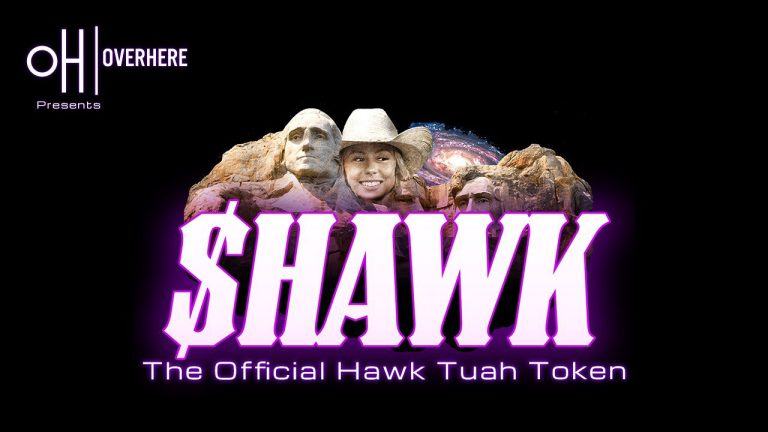
Nearly $ 4.8 million has been used to fund cryptocurrency and blockchain education efforts in Kenya, the CEO of Tools for Humanity, Alex Blania, recently revealed. Blania also denied allegations that Worldcoin plans to sell users’ biometric data obtained via its eyeball-scanning orbs.
More Funding on the Way
Tools for Humanity (TFH), the organization supporting the development and growth of Worldcoin’s ecosystem, has so far invested nearly $ 4.8 million in Kenya, the software company’s CEO Alex Blania recently revealed. Speaking before the East African country’s parliament, Blania claimed that the money was used to fund cryptocurrency and blockchain education efforts.
However, according to a report in The Star, TFH did not directly engage in such education-related activities. Instead, it relied on third parties and partners such as Strathmore University, the Blockchain Association of Kenya, the American Chamber of Commerce, and the Africa Blockchain Centre. According to Blania, TFH is also planning to add more funds towards such activities.
Blania’s appearance before the legislative body came a few weeks after the Kenyan government suspended Worldcoin’s activities. As reported by Bitcoin.com News, the suspension was made to give Kenyan agencies time to assess the cryptocurrency project’s potential risks to public safety. Prior to the government’s suspension decision, the country’s data regulating agency had warned Kenyans against sharing their personal data with the entity.
Worldcoin Not Planning to Sell User Biometric Data
Reacting to these as well as other allegations made against Worldcoin, Blania said:
We wish to emphasise the Worldcoin project’s long-term commitment to Kenya. Our commitment to the people of Kenya is genuine, and we have at all times endeavoured to operate honestly, compliantly and above all transparently.
The CEO also rejected claims that Worldcoin intends to sell users’ biometric data obtained via its eyeball-scanning orbs.
Meanwhile, a Kenyan technology lawyer, Meshack Masibo, recently questioned the validity of Worldcoin’s claim that Kenyans were freely sharing personal data. According to the lawyer, this argument is not sustainable because there is no easy way to prove that users were fully aware of what they were agreeing to.
Register your email here to get a weekly update on African news sent to your inbox:
What are your thoughts on this story? Let us know what you think in the comments section below.
Bitcoin News








Leave a Reply